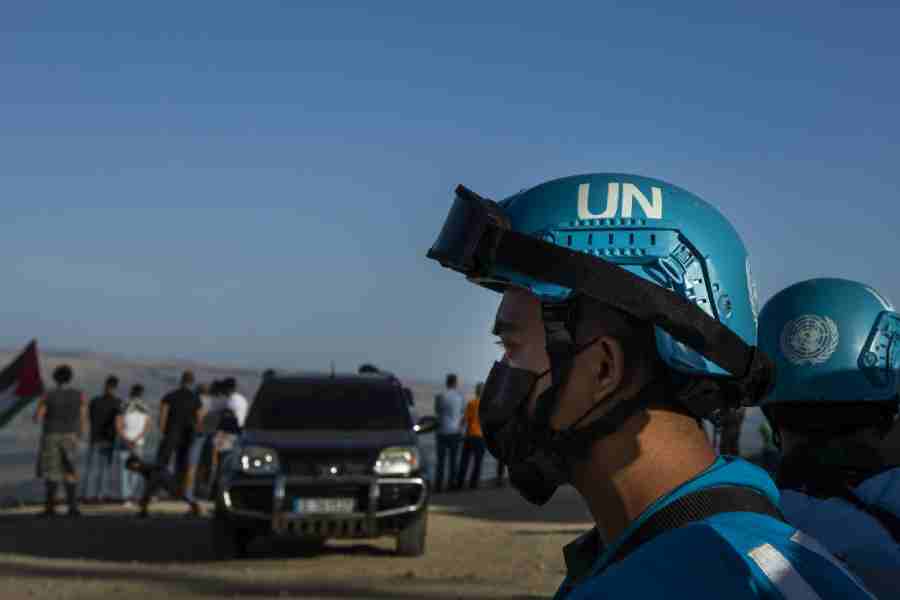Aligned with the changed world order since the formation of the United Nations in 1945, UN Peacekeeping Operations have evolved since 1948 when the UN established its first peacekeeping mission following the Arab-Israeli War. At present, the UN has approximately 90,000 peacekeepers deployed around the world.
Dennis Jett of Pennsylvania State University, writing for the Middle East Policy Council, categorises the UNPKOs’ evolution into three phases. The first began with territorial wars between countries, from 1948 to 1991. In the majority of these (like in Jerusalem, the Golan Heights, southern Lebanon, western Sahara, and Cyprus), there were no negotiations that could resolve them and the missions dragged on endlessly. The second phase began when peacekeepers were deployed to help end civil wars. Most of these missions have concluded. The third phase of peacekeeping consists of the five most recent operations launched between 2010 and 2014. They are located in Mali, the Central African Republic, South Sudan, Sudan, and the Democratic Republic of the Congo. The mandate given to these missions was to protect civilians and help stabilise these conflict-torn countries. The context of these conflicts has no ‘peace’ complement to be kept. Consequentially, these missions are impossible and deadly, resulting in casualties to the peacekeepers. Contemporary UNPKOs are thus a far cry from the ceasefire monitoring deployments of the past.
The founding principles of the UNPKOs are based on the consent of parties to conflict, impartiality, and the limited use of force. However, in the context of prevailing and future conflicts, the conditions towards the fulfilment of the above tenets of peacekeeping seem to be far-fetched. This is manifesting in the form of failed peacekeeping missions of which there are three recent examples. The last UN peacekeepers are scheduled to leave the Democratic Republic of the Congo at the end of this year. The UNPKO in Mali officially came to an end in December 2023. Recently, the UN Interim Force in Lebanon has come under several kinetic attacks by the Israel Defense Forces on the Israel-Lebanon border with the ominous Israel-Hezbollah hostilities serving as the backdrop. Israel has called for calling off the mission owing to its ineffectiveness vis-à-vis Hezbollah.
Peacekeeping has ceased to be a primary tool of the UN. Donor contribution to peacekeeping has waned by 40%, with the United States of America taking the lead in slashing its funding. UNPKOs are thus suffering a crisis of legitimacy. This is evident from the fact that there have been no major deployments since 2014 in Central Africa despite the world facing the highest number of violent conflicts since World War II.
There are several other reasons for the diminishing traction to peacekeeping. The UN Security Council is more polarised today; peacekeeping is its collateral damage. There is the feeling that peacekeeping has been a tool imposed by the West that the global South is finally getting rid of. There is also the view that regular peacekeeping is too force-reticent. Since there are other actors that might be more liberal in the use of force, peacekeeping can now be outsourced to them by the UN. Finally, the West, which projected peacekeeping during the unipolar years, does not have that clout to control peacekeeping as much as it could.
The UN cannot be solely blamed for the dwindling agency of UNPKOs. The UN has no army. Its power is a direct function of the power accorded to it by its member states. When these countries do not act in concert, there is little that the UN can do apart from making high-minded declarations that fall on deaf ears. To improve the chances for peace, the member states must place international order above their national interests.
Shashank Ranjan is an Indian Army veteran who has served in United Nations Mission in Ethiopia and Eritrea










